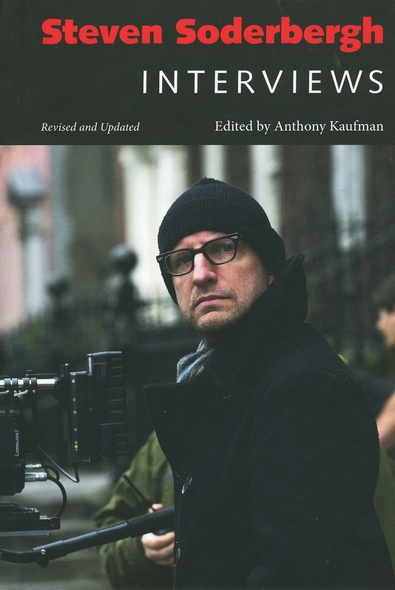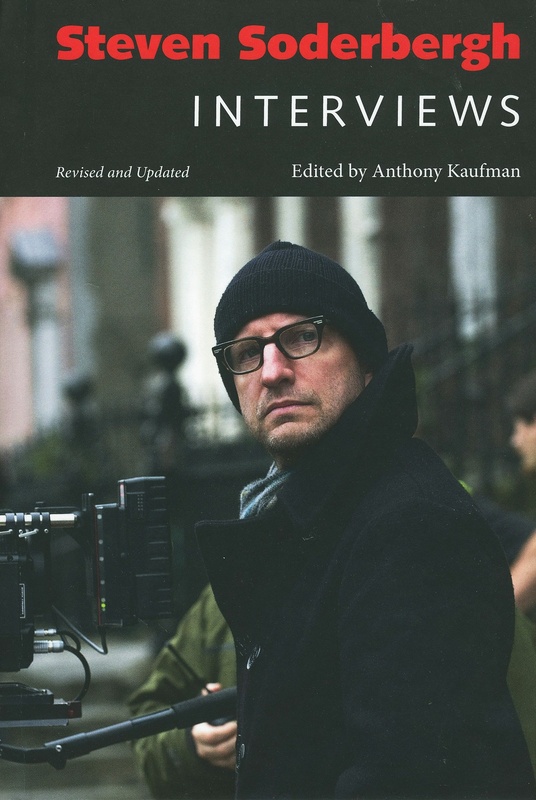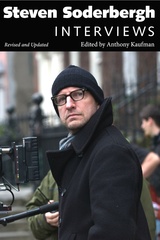Steven Soderbergh’s cinema-making star has blazed with sex, lies, and videotape, sputtered with The Underneath, and flared again with the acclaimed movie Traffic.
Steven Soderbergh: Interviews charts the rise and fall and rise of the writer-director-producer’s surprising career from 1989 to 2001. From his “flavor of the month” status with his debut film sex, lies, and videotape to his Academy Award-winning feature Traffic, Soderbergh’s road to success is fraught with ups and downs.
On each and every film, the book details such experiences as his creative crisis surrounding his fourth film, The Underneath, and his rejuvenation with the ultra-low budget free-style Schizopolis, and the mainstream achievements that followed with Erin Brockovich and Traffic.
Spanning twelve years, these conversations reveal Soderbergh (b. 1963) to be as self-effacing and lighthearted in his later more established years as he was when just starting out. He comes across as a man undaunted by the glitz and power of Hollywood, remaining, above all, a truly independent filmmaker unafraid to get his hands dirty and pick up the camera himself.
Not only do the interviews provide a glimpse into the filmmaker’s aesthetics, but they also offer a history of the US independent film movement in the late 1980s and 1990s—the explosion of “independent films,” studios and film festivals, and the Hollywood co-optation of such talents, Soderbergh included. The collection also reveals the increasingly blurred boundaries between independent and mainstream and Soderbergh’s commitment to revitalizing cinema from inside the system.
Anthony Kaufman is assistant professor at the New School and a film journalist. He has written for the New York Times, Los Angeles Times, Chicago Tribune, Village Voice, Slate, Variety, Wall Street Journal, and other publications.






